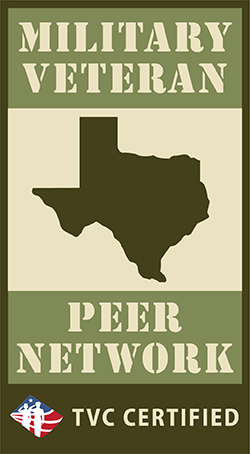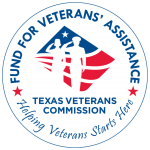Serving Those
Who Served
Your Rights & Responsibilities
VetStar provides quality services that recognize and respect your rights as a service member, veteran, or their family. Additionally, we want to inform you of our program rules and your responsibilities while participating in our services.
StarCare 2024 Notice of Privacy Practices
Complaints
You have the right to make a complaint/grievance or recommend changes to policy or services without restraint, interference, coercion, discrimination, or reprisal. To make a formal complaint, grievance, or suggestion, follow the procedure listed here:
- Suggestions. We welcome suggestions to enhance our procedures, policies, and services. You are welcome to make suggestions to any of the contact listed in our Contact Us page.
- Informal Complaints/Grievances. The first step in the grievance process is for an attempt to be made to resolve the grievance by informal conference with the program staff person who initially assisted the participant. An informal conference can take place in person with program staff by appointment and if at all possible the conference will occur within five (5) business days of the original complaint/grievance. If these informal conferences do not result in a resolution of the problem(s) that is satisfactory, you may file a formal, written grievance.
- Formal Complaints/Grievances. Formal grievances must be in writing and include elements specified in the informal complaint. Formal written complaints will include the names of the individuals involved, signed by the participant, reference the regulation believed to have been violated, and presented to the Director of Veterans Services within ten (10) business days following the alleged grievance. Copies of all documentation, if applicable, relating to the grievance must be included for review. A statement of the specific remedial action requested by the participant must be included. The director shall, whenever possible, respond to the participant in writing within ten (10) business days following the date of receipt of the formal written grievance. Upon grievance resolution, parties to the grievance will jointly notify each level of authority involved in writing. If veteran or family member wishes to appeal this decision, he or she may appeal to the grant program directly in their personal capacity. The Director of Veterans Services contact information follows:
- Steven Lara, Veterans Program Director, StarCare Specialty Health System, Office: 806-470-9317, sjlara@vetstar.org
- Consumer Rights Violation. If a veteran or family member believes tha their consumer rights have been violated, they may call:
- Jeanie Benitez, Consumer Relations Director, StarCare Specialty Health System, Office: 806-766-0332. Mobile: 806-789-2546, jbenitez@starcarelubbock.org
Reporting Fraud, Waste, and Abuse
If you suspect fraud, waste, or abuse, please notify us here.
Programs
Description
The Military Veterans Peer Network (MVPN) assists service members, veterans, and their families (SMVF) who have experienced trauma or mental health needs by connecting them to a network of peers and services who can help navigate those experiences and develop resiliency through trust, camaraderie, and hope. MVPN assists justice-involved veterans to identify resources in our service delivery area.
Information
Description
The Texas Veterans Commission General Assistance Program (GAP) provides military service members, veterans, and their dependents with one-time, temporary financial assistance. Services include mortgage, rent, utilities, food vouchers, transportation assistance for rides and vehicle repairs, drop-in child/adult care, funerals, assistive technology, and restorative dental care.
Information
Description
Supportive Services for Veteran Families (SSVF) offers eligible veterans with supportive services to improve their access to housing, housing being the key to long-term success in education, employment, and other achievements. Services include case management and temporary financial assistance.


